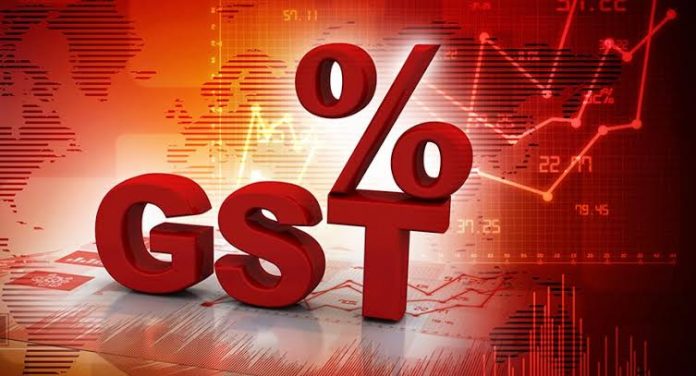The Goods and Services Tax system has marked a sea change in the way Indirect taxation is handled in the country. The pre-GST regime can be characterized by a bureaucratic and complex system that required a lot of effort on behalf of businesses to navigate successfully.
The pre-GST tax structure included many taxes and cesses like Octroi, VAT, and local taxes including entry taxes at the city level. The taxes were also in the offline format and controlled by multiple Government departments which made keeping track of changes difficult.
This changed with the introduction of the GST. The effect of GST on Indian Economy has been massive as it has been an all-encompassing change. GST is administered by the GST Council, which is a unified body that has the authority to control the GST system.
Almost all taxable persons are required to register for the GST system with some exceptions. One of the major gripes people had with the previous tax system was the burden which it placed on small businesses. This was kept in mind when the GST was introduced and there were exceptions for small businesses.
Besides small business, there are some exceptions for certain sectors in the economy due to the sectors being sensitive and important to the economy. There are many reasons why a business can be exempt from the GST. Some of the reasons are listed below:
1. Exemption Based On Aggregate Turnover
As mentioned earlier, the GST system was designed with ease of business in mind. In that respect, the GST has many exceptions for small businesses. Businesses that have an aggregated turnover of less than INR 40 lakhs are exempt from registering for the GST. Businesses that are based in the hilly regions like Uttarakhand, Arunachal Pradesh, Manipur, Mizoram, Himachal Pradesh, etc, the total aggregate turnover for GST exemption is lower at INR 20 lakhs. For businesses that are selling services, the aggregate turnover for being exempt for GST registration is INR 20 lakhs for non-hilly states and INR 10 lakhs for hilly regions. With respect to aggregated turnover, it includes the value of all taxable supplies as well as exempt goods and goods and services which were exported. Certain things are excluded from the calculation of aggregate turnover as well. The value of inward supplies of goods and services as well as the value of non-taxable supplies of goods and services.
2. Exemption On A Products Basis
The Government, when introducing the GST system had to keep in mind the social implications of such a tax. The implication of GST on Indian economy had to be analyzed carefully to make sure there were no adverse effects in the country, particularly to the poorer sections of society.
Keeping this in mind, the Government kept some goods and services outside the purview of the Goods and Services Tax altogether. Fresh produce like Potatoes, Onions, Lettuce, Cabbage, Tomatoes, etc was intentionally kept GST free so that food inflation did not get out of hand. Unprocessed foods, in general, have been kept outside the purview of the tax. Other products that are GST exempt are Fish, Meat, Eggs, Fruits and Dry fruits, etc. Certain supplies have also been kept outside GST for now, services which a charitable organization supplies, certain government services, labor services for the construction of the residential property, etc. the GST is a dynamic tax system and that needs to be kept in mind. The GST Council changes the tax rates and slabs from time to time in response to financial and economic news, so it is imperative to keep an eye on the GST circulars issued whenever there are any changes.
3. Sectoral Exemption
As mentioned earlier, certain sectors have been intentionally left outside the purview of the GST system due to them being sensitive sectors or they have a large impact on the economy. Sectors like the Petroleum sector which includes petroleum crude, high speed diesel, petrol or motor spirit, aviation turbine fuel and natural gas are very important for the economy and therefore does not attract any GST at all, it has its own set of taxation rules.
Another sector which is exempt from GST is Alcohol for human consumption. The individual states are charged with creating taxation policies for alcoholic beverages. The electricity similarly does not attract GST and has its own set of rules and regulations.
Conclusion:
GST in Indian economy is a very important topic and had created quite a lot of controversy when it was first introduced. Although there were some hiccups when the GST was introduced, over time, many of the issues were ironed out and the policies are still being fine-tuned every now and then in response to events in the economy.
We can see that the Government has tried to keep in mind the average person when the tax was designed. The sectors which have been kept outside the purview of the GST might be included in the GST Act in the future, so it is very important to keep up to date with the changes being made.






































































